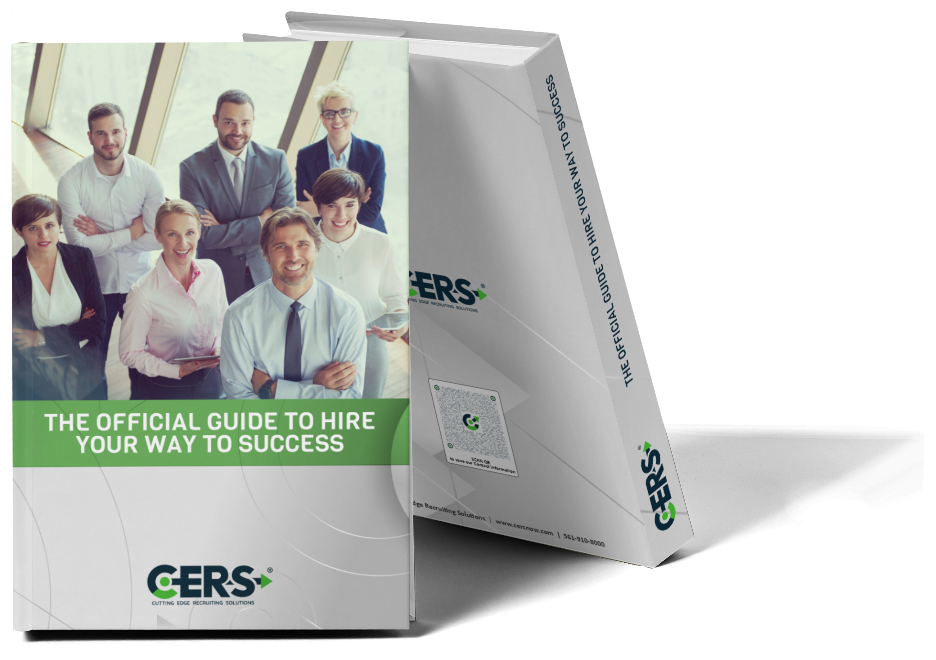Chances are, if you have an interview for a job opening coming up, you’re probably a little nervous. You don’t know what specific questions they’re going to ask or if you’ll be able to sufficiently answer them. Interviews can be high stress environments with a lot riding on whether or not you are able to answer the questions well. While you’ll obviously not know which questions you’ll be asked during the interview, luckily you can prepare beforehand by thinking of adequate answers to these common questions. By taking the time to prepare for your interview beforehand, you’ll not only perform better in the interview, but you’ll feel more confident heading into it.
1. Why do you want to work here?
This answer obviously depends on the candidate, the company, and the expectations of the role. There are plenty of companies and organizations out there hiring, so why are you choosing this one? To answer this question well, you should conduct some research into the company before you go. Find out not only what they do, but what your role would be and what their corporate culture is like. Leverage what you have learned about their company culture and the expectations of the position to align your interest in the position with specific aspects of the company or their mission, and how you think you can contribute to the organization. Your answer could include things like the type of work you’ll be doing, the type of projects you’ll be working on, or how your personality suits the corporate culture.
2. Discuss a project you undertook that demonstrates leadership qualities.
This question is very likely to come up if you’re applying for a job that requires management of a team or being a team leader. Organizations want to know that the person they are hiring is able to effectively lead others, and has experience doing so. Before your interview, think of a time when you were put into a leadership position. If there are several, choose the one that was the most challenging, or the one you excelled most at. From there, go into detail on the actions you took, why you took them, and how it showed leadership.
3. Which projects are you most proud of?
This is a great time to really dig into your portfolio and highlight your skills. Choose projects that either required you to overcome an obstacle, learn something new, take on a new role, or just a project with an end result you were happy with. For each project, go into detail about what your role was, and how you contributed to the success of the project. If you’ve worked on a project that relates to the new company or role to which you’re applying, absolutely mention this as well. For instance, if you’re applying to lead a company’s web design department, and you recently helped to create several large-scale websites in your previous job, this would be good to mention.
4. How did your education help you to prepare for this job?
This question often comes up for recent graduates. Use it to discuss the different projects you completed during your education, different challenges you faced, and any internships you completed. For many jobs, it’s not just about prior experience, but also having the right knowledge. Discuss the classes you took that relate to the job you’re applying for, and what you learned from them.
For example, if you’re applying for a job as a Java developer, you could talk about the classes you took in Java, the projects you built with it (either for school or extracurricularly), or the internship you spent with a software design and development agency where you helped build Java applications.
5. Have you ever had a problem with a past manager? If so, how did you deal with it?
This could be a tricky question to answer. For this question, your instinct may be to answer that you’ve never had any problems with a superior. However, this could imply that you just say “yes” to whatever your managers tell ask of you, and may give off the impression that you’re afraid to speak your voice. The company is trying to find out how you deal with conflict, and if you feel comfortable speaking up if you’re having an issue. On the other hand, you don’t want to paint yourself as someone who constantly butts heads with their supervisor, so it’s a fine line to walk.
If you’ve never had a problem with a supervisor, you can mention this, but also point out times where you disagreed, just to show that you can think for yourself. If you have had problems with managers, discuss what you did to fix the situation, and the results of your actions. Your goal is to make your past self sound mature in conflict resolution, while also making it clear that you respect authority.
6. How do you manage work when you’re extra busy?
In this response, you want to go over the techniques you use to stay organized, along with methods you use to keep your stress levels under control. One good answer we can provide you for this question is to ask for help. This may feel like a bad answer because you want to be seen as someone who can carry large responsibilities or workloads, but companies like to see that you are able to delegate responsibilities, and that you won’t take on too much work to the point that it could jeopardize quality. You could say something like, “While I try to take on a large workload, if I notice that the quality of my work is beginning to suffer, I have no trouble asking someone for assistance to make sure that the work gets done right.”
7. Why should we hire you?
Finally, companies like to put this question out there to give you a chance to talk up your skills. During this question, you may want to talk about the projects that you have worked on in the past (if you haven’t been given a chance to bring them up yet) and how this experience will make you an asset to their company. If your past projects had metrics, such as sales quotas, that you improved, bring these up as well. In the end, you want the company to think they are getting a good value for what they will be paying you.
Some people feel uncomfortable talking about themselves, but if you stick to specific examples of the things you’ve done well, and have hard data to back it up, it won’t feel like bragging. Take pride in the work you’ve accomplished, and speak about it confidently.
Prepare before you go in
There’s no telling what questions will be asked of you during the interview. The best thing you can do is to research not only the company, but your own past. Take time to gather together details on all of the projects you’ve worked on, and the responsibilities you’ve had. Come prepared to the interview knowing the things you’ve done well in the past, and have details to show it. Also think back to the relationships you’ve had along the way, and pick out some examples of conflict resolution, teamwork, and leadership.
If you can do all of these things, you should find that it carries you through most of the interview. Remember that the person interviewing you is not out to trip you up on questions, but rather is simply trying to learn more about you. By preparing ahead of time, you’ll be able to present the best version of yourself.









